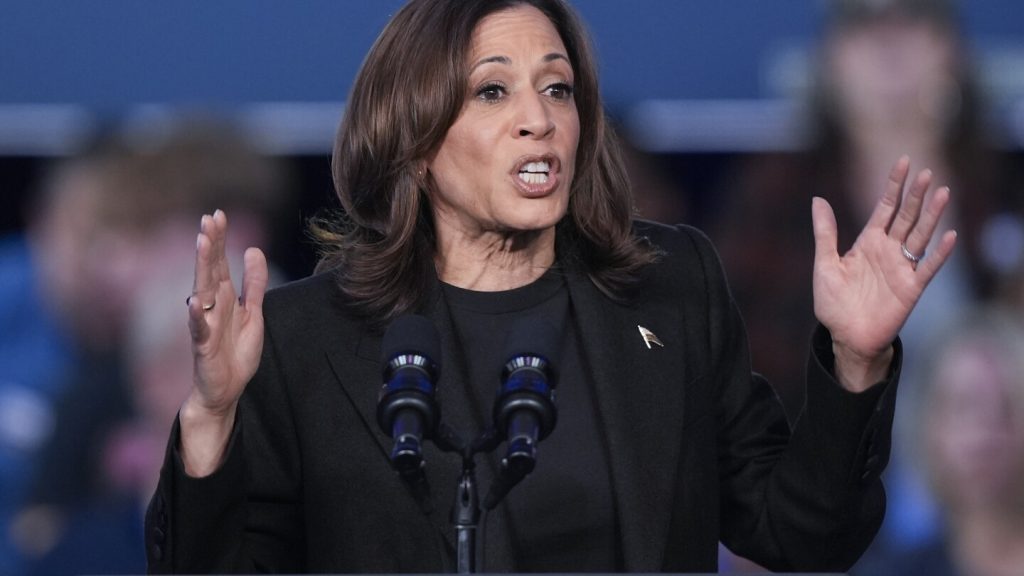In a bid to secure the Arab American vote in swing-state Michigan, both Kamala Harris and Donald Trump made appearances targeting the community. Harris emphasized the need to end the suffering in the Middle East, specifically mentioning Israel’s fight against Hamas and Hezbollah. She called for an end to the war in Gaza and urged everyone to seize the opportunity for peace. Trump, on the other hand, avoided specifics on his plans for the region but criticized Harris, claiming she doesn’t know what she’s doing. Despite facing technical glitches at a rally in Detroit, Trump sought to capitalize on the frustrations of Arab Americans with the Biden administration’s support for Israel.
Michigan, along with Pennsylvania and Wisconsin, is a key state in the upcoming election, and diverse voting blocs are crucial for victory. With a significant Arab American population, Michigan has become a battleground for both candidates. Trump, known for his travel ban targeting Muslim countries, is attempting to appeal to disillusioned Arab American voters who may be frustrated with the Democratic administration’s policies. Despite his history of hostile rhetoric and policies, Trump has engaged with the community in efforts to gain support and capitalize on their frustration.
Trump’s visit to Hamtramck, a Muslim-majority city, was met with some endorsements and support from community leaders, showcasing a potential shift in support. However, Harris has also garnered endorsements from members of the Arab American community and highlighted her backing from Lebanese Americans. The war in the Middle East remains a critical concern for Arab American voters, and both candidates are making efforts to address these issues. Trump’s comments on the death of Hamas leader Yahya Sinwar and his stance on Israeli military operations have generated mixed reactions from the community.
While both candidates are making appeals to the Arab American community, they are also targeting union workers and Black voters in Michigan. Harris emphasized her support for collective bargaining and worker protections, cautioning against Trump’s policies that could undermine labor rights. On the other hand, Trump touted his support among labor unions and criticized the rise of electric cars. Both candidates are vying for support from various demographics in Michigan, recognizing the importance of these voters in deciding the election outcome.
Foreign policy, particularly the situation in the Middle East, has become a significant issue in Michigan’s Arab American community. Harris and Trump have differing approaches to addressing these concerns, with Harris advocating for peace and humanitarian efforts, while Trump has taken a more assertive stance. The dynamics of this issue, along with domestic priorities like labor rights and economic policies, are shaping the campaign strategies of both candidates in Michigan. Overall, the battle for Michigan’s Arab American vote is intensifying as Election Day approaches, with both candidates making targeted efforts to secure support from this pivotal demographic.


